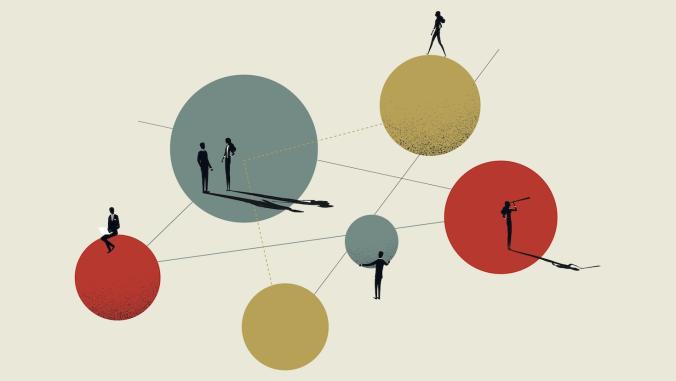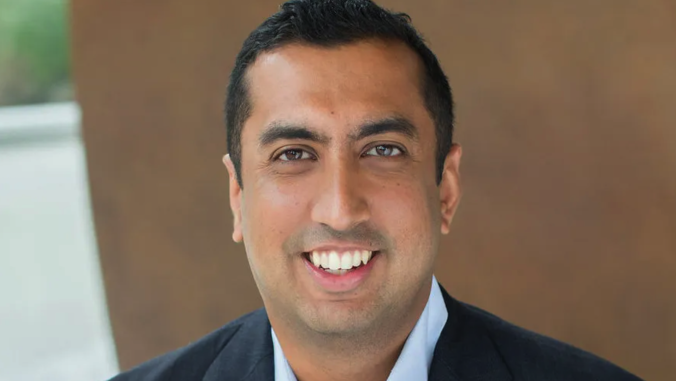Dear Shannon: Does a CSO need a leadership coach?
<pre class="sh_html sh_sourceCode" contenteditable="true" id="result-source"> What does a leadership coach do? As CSO, could I benefit from one?</pre>

Coach clipboard and whistle image by Andrei Kuzmik via Shutterstock
If you have a question for Shannon, send it to [email protected].
Dear Shannon,
I was recently appointed chief sustainability officer with a financial services company in New York. At the recommendation of colleagues and business acquaintances, I've started to think about leadership coaching and executive coaching as a way to develop myself professionally and to help me make a big impact in my first 12 months on the job. It's expensive and time-consuming, so how can I be sure that I need it? And what can I expect to get out of it?
Richard, New York
Dear Richard,
Leadership or executive business coaching is a hot topic at the moment. Elite athletes don't think twice about hiring a coach to help them perform that bit better, but the statistics show that coaching isn't embedded in business norms. According to a recent report from Stanford Business School, two-thirds of CEOs and half of senior executives don't go in for coaching or leadership development. The report's authors put this down to a stigma that coaching is "remedial," as opposed to performance-enhancing. What's interesting, though, is that almost all the execs wanted it.
Do you need leadership coaching?
A "thought partner" can bring perspective to our internal conversations, offering an agenda-free reality check. In your role as CSO, you'll be faced with bringing a new perspective to the C-suite and carving out a new path for your company to gain competitive advantage through a sustainability lens, all the while herding cattle towards behavioral change.
All this "newness" can be troubling for colleagues who may be resistant to change, but you need to convince them to come on the sustainability journey, on their terms. This is precisely why sustainability leaders are among those most in need of a professional sounding board, a partner, to help make sense of their pioneering challenges and create a way forward that is inclusive and strategic.
Can leadership coaching help with sustainability challenges?
Dr. Bill Donahue outlines the four kinds of challenges a sustainability leader faces in his work:
1) The Learning Challenge strikes a balance between gathering information (risking "analysis paralysis") and taking action (risking jumping in too deep, too soon).
2) The Development Challenge involves empowering and engaging employees to win hearts, informing them to win heads, but also developing their skills — or hands — so they actually can do what needs to be done.
3) The Reconciliation Challenge is all about conflict management and working with others to conduct the kind of root-and-branch change that will help your company leave behind old practices and instil new ones.
4) The Impact Challenge describes the dilemma sustainability leaders often face of choosing whether to invest in people and teams or simply "get the job done."
Overcoming these challenges requires an almost utopian mixture of hard and soft skills: analysis, communication, compassion, delegation, empathy, listening skills, negotiation and more. Sustainability at the top level is also about taking a broad view of the social and political spheres in which business operates and responding with leadership.
In your role as CSO, you need to develop a voice and a strategy that helps your company and your sector move towards them. This is no small task, which is why you'll need that sounding board.
So what does a leadership coach do?
A good coach provides clarity and insight on stakeholder communication, defines goals, helps you overcome people challenges and — most important — helps you identify your own professional weaknesses in order to resolve them. The aforementioned Stanford Business School report also found that CEOs use coaching to improve their ability to share leadership and delegate, manage conflict, build teams and mentor new talent.
Another important thing coaches do is work with clients who want to change. As Douglas McKenna, former Head of Leadership Development at Microsoft, points out at Forbes, "a bright, motivated coaching client can step up to most challenges. A bright, unmotivated one will waste everyone's time and money."
So ask yourself, are you ready to see a warts-and-all picture of your professional self? Just how strong is your desire to learn and grow?
Are you ready to transform your organization from good to visionary?
The very act of investigating leadership coaching shows that you're open to professional development and that you see this kind of support as something superior leaders should seek out, rather than a sign of some fundamental weakness. The Stanford report points out that coaching "could help make the difference between a good organization and a visionary one." As CSO, this should be precisely the difference you will make.
Coach clipboard and whistle image by Andrei Kuzmik via Shutterstock





